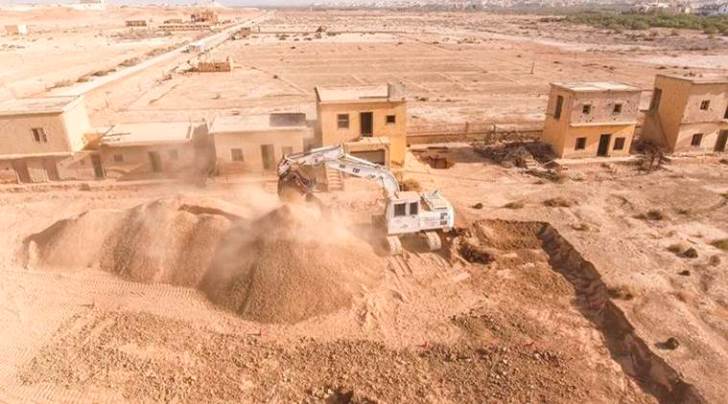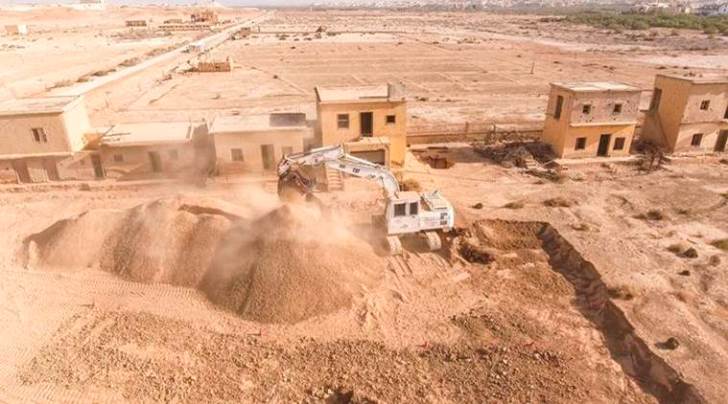

The merchant mining sector is staring at a major disruption as mining leases (MLs) of approximately 288 non-coal mines — assigned for non-captive purposes — are going to expire at one go on March 31, 2020. To ensure that enough mineral data is there in time to encourage bidders for these mines, whenever they come up for auction, the Centre on March 27 made it mandatory for such ML owners to carry out G2-level exploration before April 1, 2019.
The exploration for any mineral deposit involves four stages: reconnaissance survey (G4), preliminary exploration (G3), general exploration (G2) and detailed exploration (G1). G2-level exploration’s objective is to establish the main geological features of a deposit and provide an initial estimate of size, shape, structure and grade of the mineral in the mine.
“The Central government expects that if G2-level exploration is done on these 288 mines, the bidders will be more interested during auction as they will have solid data on which they can make their bidding decision” said a senior government official.
On April 11, 2018, Niranjan K Singh, Joint Secretary, Ministry of Mines, wrote a letter to 11 mineral rich states, requesting them to ensure that deadlines should be adhered for following activities: submission and approval of modified mining plan to carry out G2-level exploration; completion of G2-level exploration; preparation and submission of geological study report. “The exploration plan has to be prepared with the approval of IBM (Indian Bureau of Mines) for satisfying the requirements and timelines,” he stated.
He further noted: “This will help in preparing the expiring mining leases for auction process in a time bound manner and also give the preferred bidders the time to obtain various statutory clearances before commencing mining operations.” The Central government has been asking the states since August 31 last year to submit their action plans for auctioning leases of aforementioned 288 mines.
However, even after repeated reminders, only two states — Andhra Pradesh and Rajasthan — have submitted their action plans till February 22 this year, according to a senior government official.
As per the new mining law — the Mines and Minerals (Development and Regulation) Amendment Act, 2015 — which came into effect from January 2015, the non-coal mines have to be auctioned by the respective state governments. Under the old law, states had the powers to grant the mining lease to any company as per their discretion.
The 2015 mining law clearly states that if a company has already got the ML of a non-coal block for captive purposes, it can continue to mine it till the lease period ends. Once it ends, such a company will have the first right of refusal. Moreover, the law stated that if a company has the ML of a block for non-captive purposes, the company can keep the mine till 2020 or till the lease period ends, whichever is later. According to Union mines ministry, mining leases of 288 non-coal blocks will expire on March 31, 2020, and they will have to be auctioned by states.
[“source=indianexpress”]



